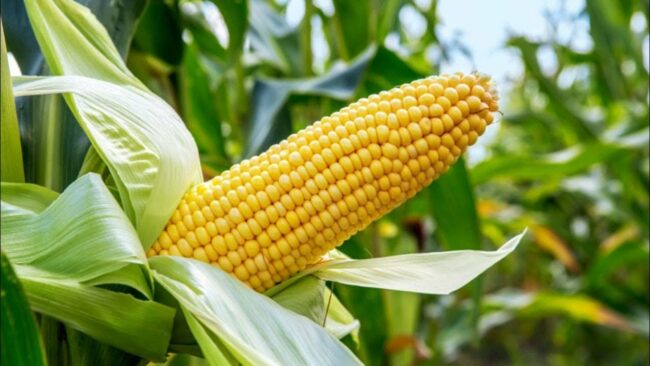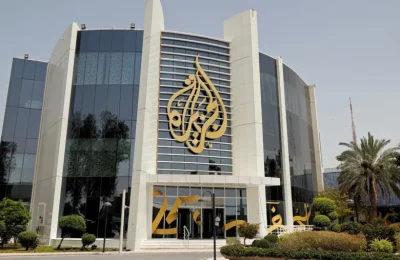
The Country Director of HarvestPlus, Dr Yusuf Dollah has said that a recent survey conducted in Kaduna indicated that about N8 billion worth of vitamin A maize was traded by farmers in the state within three months.
Dollah however said that bio fortified value chain in Nigeria is a multibillion-naira industry.

The HarvestPlus Country Director stated this during the 9th edition of the Nutrition and Food Fair held in Kaduna State with the theme ‘Transforming Food System for Improved Nutrition and Climate Resilience’.
“Now between the months of June, July and August. We did a market survey and we collected data in Kaduna here from Soba Market, Makarfi, Lere that is Saminaka, Kubau, Pancho. Now within these 3 months, over N8 billion of grains Vitamin A Maize was traded in the states and these is creating markets for the small holder farmers”, he said.
He said they received funding from Foreign, Commonwealth and Development Office (FCDO) and AGRA to strengthen markets because they realized the constraints farmers face as a result of poor seed.
“So we are working with the funding with AGRA and FCDA to ensure that we strengthen market linkages so that the farmer whenever he wants to convert his produce to cash he can easily do that through the market,” he added.
Furthermore, Dollah said that the last food consumption survey conducted in Nigeria shows that the vulnerable groups from the rural areas eat what they produce from their farms and they don’t really buy food from specialty shops.
He said in Nigeria, HarvestPlus promotes vitamin A Cassava, Vitamin A Maize Iron and Zinc zinc-enriched Millet, the Vitamin A enriched sweet potatoes and they also commenced work on developing Zinc rice, which will be released soon.
“As we develop these varieties, we ensure that we don’t leave the varieties on the shelves at Research Institute. We ensure that we bring out these varieties so that our seed companies who are into commercialisations will have access to the early generation seeds for them to multiply and sell to the Agro dealers in our communities so that our farmers who are producers in the communities also have access to these seeds from the Agro dealer shops.
“We also integrate the large-scale processors that require most especially the Vitamin A Maize as raw materials to process our breakfast cereals or cornflakes. we bring them to also offtake and create market for the farmers because for the farmers the first thing he looks at is the yield and also the market and the income he’s going to make from it.
“Then we also work closely with the State Government or the Federal Government for the creation of enabling environment for these varieties because without enabling policies, value chains will never thrive or will never be sustainable,” he added.
The Deputy Governor of Kaduna, Dr Hadiza Balarabe in her remarks, said Nigeria is not exempted from the devastating effects of climate change and the part of the manifestation of this is a serious challenge of malnutrition especially among children and women.
She said statistics from several sources have shown that Nigeria occupies a not-so-enviable position in the world which regard to rate of stunting and underweight.
The Kaduna State Deputy Governor further stated that micronutrient deficiencies which are often referred to as hidden hunger are also widespread and contribute significantly to increased morbidity and mortality amongst women and children.
“The significance of this fair with the theme ‘Transforming food system for improved nutrition and climate resilience’ cannot be downplayed.
“We need to create and adopt innovative and evidence-based solutions that can enhance the production, processing, marketing and consumption of nutritious and climate-smart foods. We need to create an enabling environment that can also support the development and scaling up of such solutions,” she noted.
In his remarks, the Minister of State for Agriculture and Food Security, Senator Sabi Abdullahi said Nigeria has the second largest burden of stunted children in the world, with a national prevalence rate of 32 per cent of children under 5 which is estimated at 2 million children who suffer from severe acute malnutrition but only two out of every 10 children affected are currently reached with any treatment.
He said 7 per cent percent of Nigerian women are also suffering from acute malnutrition in childbirth and there is need to put hands together to reverse the trend.
READ ALSO FROM NIGERIAN TRIBUNE







